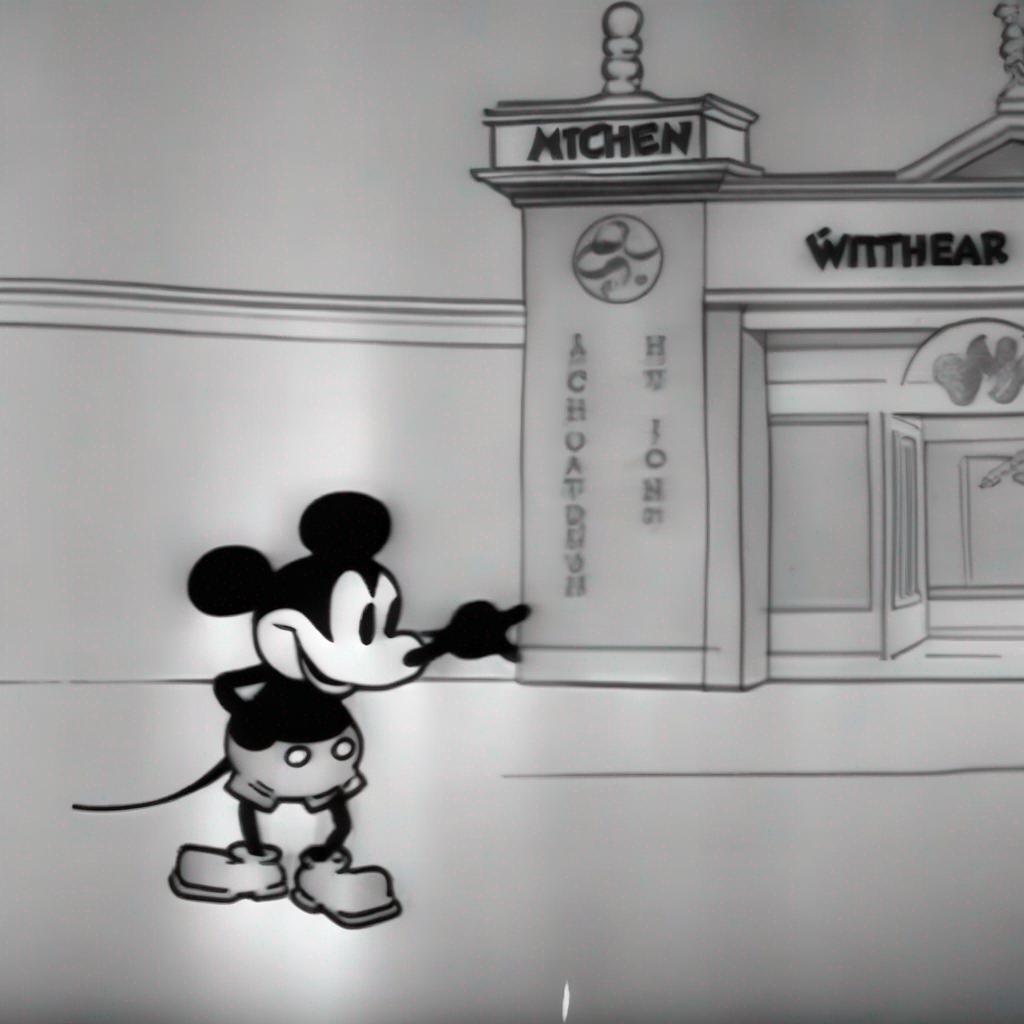The Return of the JCPA, Third Time Isn’t the Charm

The Journalism Competition and Preservation Act (S. 1094 or the JCPA) has resurfaced and is scheduled for markup in the Senate Judiciary Committee. As DisCo has discussed in the past, the JCPA has significant problems and constitutional infirmities and should not be made law.
While the JCPA’s goal of supporting journalism is praiseworthy, this proposed legislation would have serious unintended effects that would harm both the functioning of the open internet and small local journalists. The JCPA and similarly crafted state laws such as the California Journalism Preservation Act (CJPA) may actually harm the very journalists they hope to protect as some companies have acknowledged that they would remove the ability to share news stories for California users if the CJPA passes.
First and foremost, the JCPA raises significant constitutional concerns as the government would be forcing private actors to carry and subsidize speech that they might not want to carry. The act mandates private companies carry certain publishers’ speech, pay the publishers to link to the speech, and forbids the removal of that speech. This runs counter to the First Amendment because it restricts the freedom of speech and the ability of platforms to exercise editorial control over the content they host. Moreover, the JCPA’s provisions to carry speech could inhibit firms from upholding their own content moderation policies thus harming platforms’ abilities to fight misinformation and disinformation, and to protect their users from harm and to maintain a safe and inclusive platform.
The JCPA would also create the first “link tax” in American law and set a dangerous precedent for the open Internet. The link is a basic building block of the internet and this effort to tax it would have dangerous implications for copyright policy and fair use. Further, this link tax would primarily benefit larger publishers and broadcasters because the JCPA bars any local publisher that makes less than $100,000 per year from benefiting from the JCPA. This would create a system where larger publishers and broadcasters collaborate to set prices.
The JCPA would establish a cartel that is contrary to American antitrust policy. Instead of fostering competition, the JCPA could allow publishers to avoid solving the current economic challenges facing journalism. Furthermore, the majority of the bill’s benefits will flow to larger newspaper chains, and the lack of size limitations on broadcasters in the bill ensures that the large companies will be its primary beneficiaries. Such an approach undermines competition and discourages the development of innovative news delivery models.
Finally, the JCPA could have a negative impact on AI. The bill conflicts with established copyright policy such as the fair use doctrine and as written, the bill could stifle U.S. progress in innovation in AI as training an LLM uses a vast range of data for machine learning that is considered fair use under U.S. copyright law.
The JCPA’s constitutional concerns, infringement on content moderation practices, link-tax, potential for publisher collusion, antitrust exemptions that could distort the news market, and undermining of copyright law all demonstrate why it should not become law. While the intention behind the legislation is noble, it is important to address these flaws and consider alternative approaches that preserve the rights of websites and their users, promote competition, and support a vibrant and diverse news ecosystem.








